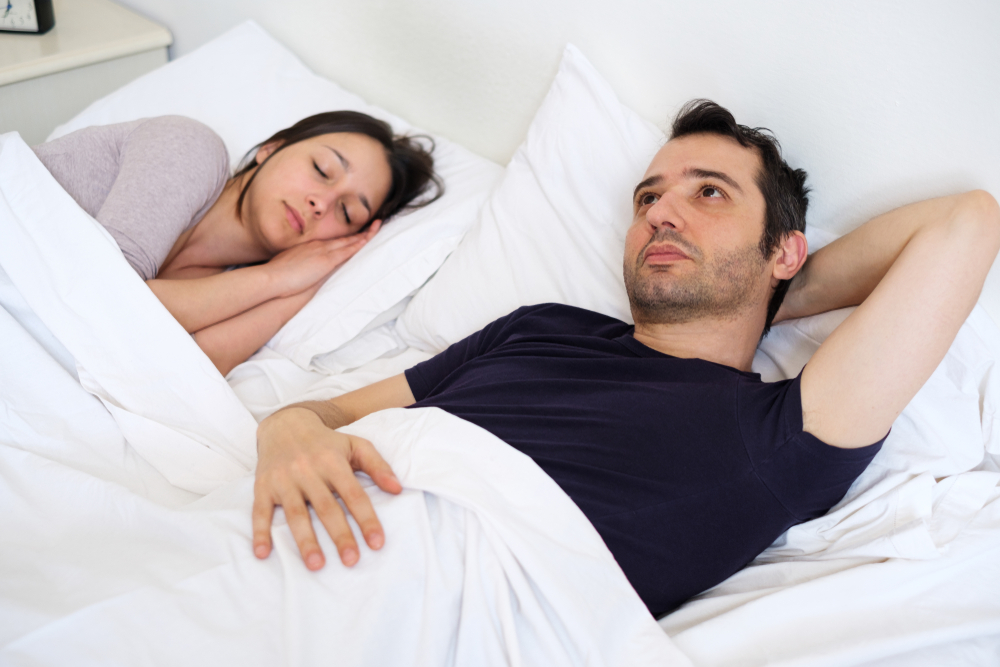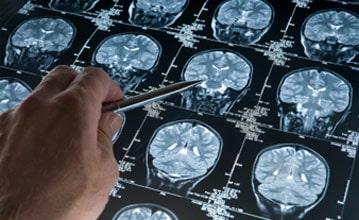Treatment for Sleep Disorders in Leesburg, VA
Many people are aware that they are not getting the recommended amount of sleep that they need every night. According to the National Sleep Foundation, from age 18 onward it is ideal for individuals to receive between 7 and 9 hours of sleep per night.
Lack of sleep can have many negative repercussions in your life, including several that can impair your general health. It is important to receive adequate amounts of sleep by making sure to head to bed a bit earlier each night, but it is also possible for the quality of your sleep to be ruined by a number of potentially unknown sleep disorders that prevent you from achieving the quality of sleep that you need.
Dr. Seth Tuwiner provides comprehensive testing and treatment for sleep disorders at his office in Leesburg, VA. Learn more about your treatment options and call the Virginia Center for Neuroscience today at (703) 293-5244.
Types of Common Sleep Disorders
Snoring
One of the most common sleep disorders, snoring is characterized by a difficulty to breathe that often results in loud noises as air forces itself through a partially obstructed throat. While this condition is nothing to fear, it can heavily impact the quality of your sleep or that of your partner. Snoring may also worsen to become a more serious sleep condition known as obstructive sleep apnea (OSA).
Insomnia
Individuals who experience extreme difficulty in falling asleep, or in staying asleep, are likely to
have a sleep disorder called insomnia. This condition can be both acute and chronic, meaning it can last
for a short period of time (usually due to overwhelming amounts of stress) or it can last for months if
not years at a time.
time.
Sleep Paralysis
It is possible for a person to wake in the middle of a sleep cycle and be unable to move their body despite having a fully active mind and conscious awareness. This occurrence is known as sleep paralysis, which is generally quite alarming and terrifying for the individual to experience. Controlled breathing and other relaxation techniques are often great sources of relief to this sleep disorder, though some cases may also require prescribed medications to help reduce frequency of sleep paralysis episodes.
Narcolepsy
Narcolepsy is a sleeping disorder characterized by extreme fatigue that often causes the person to suddenly fall asleep, even in inappropriate places or at abnormal times. In addition to daytime sleepiness, people with narcolepsy often experience sleep paralysis, hypnagogic hallucinations, and cataplexy.
Circadian Rhythm Disorders
Many individuals will encounter a circadian rhythm disorder at some point in their lives when their body is unable to sync with external time cues. This typically occurs after a significant time zone change, and is also extremely common in those suffering from blindness.
Restless Leg Syndrome
As mentioned, there are a variety of sleep disorders that can be caused by other conditions. Restless leg syndrome is one such condition that results in sensations through the legs that often make it difficult to achieve a restful sleep. These sensations are reported to feel similar to that of aching, tingling, burning, or even crawling on the skin. Restless leg syndrome belongs to a category of sleep disorders called parasomnias, which also include nightmares, sleepwalking, and night terrors.
Chronic Fatigue Syndrome
For those that achieve their recommended hours of sleep and still feel an extreme sense of tiredness, it is likely that their exhaustion is being caused by chronic fatigue syndrome ( CFS). This particular sleep disorder can be caused by other medical conditions, such as sleep apnea, but may also exist all on its own.
Schedule a Consultation
If you are struggling with falling or staying asleep and believe it may be due to a neurological disorder, contact Dr. Seth Tuwiner today for a consultation. To schedule an appointment, call our office at (703) 293-5244.




